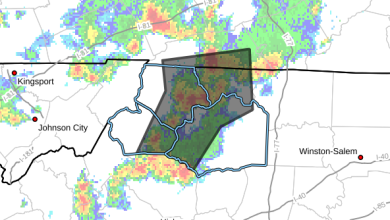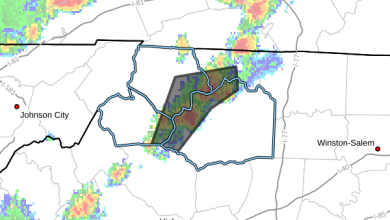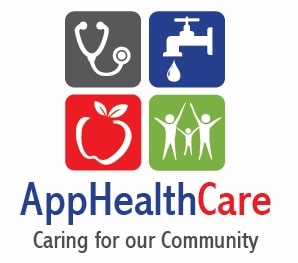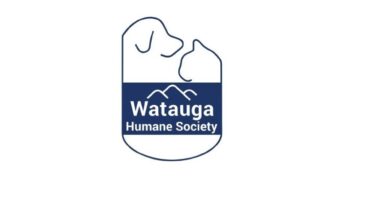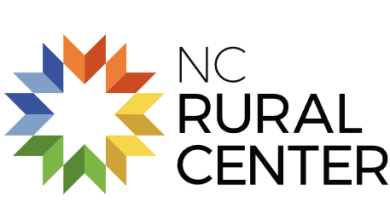
Last Updated on October 17, 2020 3:56 pm
We continue to closely watch our active COVID-19 case counts and active cases of individuals in clusters. Sharing data with our campus is important so our faculty, staff and students can see the data points we are considering and use these data to inform their own decisions. You’ll see additional data in the operations update coming soon, but a few key points my leadership team and I reviewed in our daily meeting yesterday are below:
- We have steadily increased our testing volume and, to date, we have administered more than 15,600 tests on campus this semester. Last week we saw record numbers of on-campus testing and this week we saw an encouraging drop in our active case counts. So far this week, we have collected 1,560 tests with 33 positive cases, or just over 2%. As a comparison, by the same time last week, we had collected 1,805 tests with 77 positive cases, or just over 4%. Working with local public health, we have additional, targeted testing underway at residence halls. Public health has also been implementing targeted testing at nearby apartment complexes this week.
- Residence halls occupancy is down to 76% and we continue to work with students who are requesting exemptions from their housing contracts.
- Currently, we are using 17% of our isolation/quarantine space, with 83% available. We have not exceeded 30% of capacity to date this semester and we have no hospitalizations.
Earlier this week, Provost Norris and I received a message from Faculty Senate asking that we consider the option of an immediate pivot to all-remote instruction. We have also both been asked about a single metric, or “tipping point,” that would determine this action. There is no simple answer to this question. We have looked at the steps taken by other institutions and continue discussions with their COVID response teams and our regular communications with UNC System leadership, the NC Department of Health and Human Services and our local public health agency.
The work of our deans, associate deans, department chairs, advisors and many others to meet the individual needs of faculty, staff and students has been incredibly important to maintaining quality and continuity to our teaching and learning experiences. Likewise, Student Affairs staff have worked to meet housing and countless other key student support needs. University-wide, we continue to adjust our efforts and responses as data, guidance from health care officials and resource availability change. The result has been an extraordinary level of customization that is not as visible as a broad-based change but is focused and individualized at a level many institutions of our size simply have not undertaken. I am proud of the work you have done. This approach is harder, less visible and frankly less publicly lauded than more broad-based approaches. I hear daily from our students and their parents how incredibly important it has been to them. On behalf of those students, their families and the staff and faculty who have sent me so many messages expressing their appreciation for your work, I thank you.
In discussions on campus, with UNC System leadership and with local and state public health officials, we have discussed other important considerations, which include:
- White House Coronavirus Response Coordinator Dr. Deborah Birx and Director of the National Institute of Allergy and Infectious Diseases Dr. Anthony Fauci have both publicly stated that sending college students home is not an advisable strategy and that robust testing and isolation strategies are areas on which colleges should focus in order to mitigate the spread of the virus.
- While approximately 20% of our courses are scheduled for face-to-face learning in classrooms, we do not have a concrete number of how many students are actually in classrooms each day. As the semester continues, we know some students have been allowed to pivot to online instruction by their faculty. We have efforts underway to learn more about the actual numbers.
- Even as we continue to accommodate students’ requests to move to remote learning formats, we are not seeing students leave the Boone area en masse. Many students sign year-long leases, get jobs, register to vote and stay in the area as much, and as long, as they can.
- Many staff are unable to telework, and without state or federal government funding at levels similar to what we had in the spring, a shift to a fully remote format may result in loss of employment for some university employees.
- We are also taking into account the mental health impacts of the decisions before us. Isolation, loss of experiences and lack of motivation, largely due to the presence of COVID-19, are concerns for students in particular, and for faculty and staff as well. I appreciate the work our student, faculty and staff support teams have done to make important resources and support for the campus community in remote-friendly formats.
- The science clearly shows what works: Compliance in wearing face coverings, distancing, limiting gathering sizes and hand-washing limits the spread of COVID-19. The combination of education, peer influence, incentives and enforcement has proven effective in influencing broad-based behavioral changes in many settings, and we continue to both encourage and enforce these behaviors.
As anticipated, COVID-19 is causing financial impacts on our campus, which we are doing our best to mitigate. Our receipt-supported areas, in particular, are facing challenges. In some cases we may continue re-assignment of duties as we are forced by our circumstances to adjust where we most need staffing, but I have made clear to my leadership team that we will spare no effort to keep our employees working.
- Our Athletics Division is implementing furloughs across the division. Beginning next month, Athletics staff will rotate taking 1-4 days off per month through June 2021, with the highest-paid employees taking the most unpaid leave days.
- Our Campus Dining facilities have seen a 41% decrease in transactions since 2019 and have closed three locations until further notice: McAlister’s Deli in the Student Union, Rivers Street Cafe in Roess Dining Hall and the Wired Scholar coffee shop in Belk Library and Information Commons. We re-assigned the full-time, permanent staff who worked in the three closed facilities to other areas on campus. I appreciate the work of the Career Development Center staff, who are communicating directly with each of the affected part-time student employees to help them find other job opportunities.
In the midst of a coordinated response to a global pandemic, we remain focused on moving forward in other important ways:
- The UNC System’s Racial Equity Task Force is hosting a series of virtual town hall meetings Oct. 19–29 for students, faculty and staff. I encourage you to register and lend your voice to this important effort. Our Deputy General Counsel Toussaint Romain, who has a long career and service history of social justice work, is participating on the staff session panel. Spaces are limited, so register soon! Learn more.
- A special thank-you to Dr. Tandrea Carter, who, in addition to her critically important role as director of App State’s Counseling for Faculty and Staff, began her duties as the university’s new ombudsperson on Sept. 15. With this new role, Dr. Carter’s expertise and specialized skills will benefit the Appalachian Community in new and broader ways.
- In times of extreme challenge, celebrations gain new importance. Our annual Homecoming celebration is a welcome moment of levity and an opportunity to show our Mountaineer pride and to connect over distance.
Appalachian’s academic mission is as strong as ever. Despite the backdrop of COVID-19, which takes an extraordinary amount of our time, energy and focus each day, we persevere.
![]()
Sheri Everts, Chancellor









